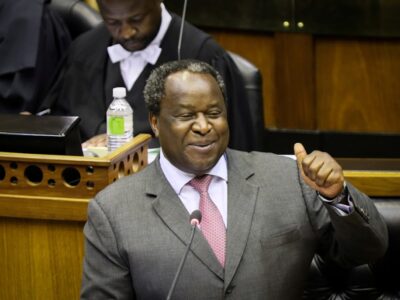
(Ecofin Agency) – Olumide Balogun, Google’s Director for West Africa, recently announced that artificial intelligence (AI) could contribute up to $1.5 trillion to Africa’s GDP by 2030. He made this statement during the Nigerian Economic Summit held in Abuja.
However, the United Nations Development Program (UNDP) presents a more conservative estimate. In its “Africa Development Insights” report published in June 2024, citing PricewaterhouseCoopers, the UNDP estimates that AI could contribute around $1.2 trillion to the African economy by 2030.
According to the GSMA, the global mobile industry association, AI has the potential to transform several key sectors on the continent. In a July 2024 report, “AI for Africa: Use Cases Delivering Impact,” the GSMA highlights that almost half of the AI applications identified focus on agriculture, followed by energy and climate action.
The report further notes that predictive AI models dominate these applications. These models are used for forecasting, risk assessment, and anomaly detection, such as predicting weather conditions, optimizing crop yields, forecasting food supply and demand dynamics, and improving energy consumption and production.
Artificial intelligence has become a hot topic in the tech world, and many African countries are actively developing AI strategies to harness its benefits. Oxford Insights, a UK-based consultancy specializing in AI and digital transformation, evaluated AI adoption in governments across sub-Saharan Africa its “Government AI Readiness Index 2023.” The region scored an average of 30.16 out of 100, a slight improvement from 29.38 in 2022.
Despite these developments, there are still calls for caution regarding AI adoption. Balogun, however, remains optimistic, stating that AI will encourage creativity, generate and transform jobs, and help set quality standards for the evolving labor market.









Comments